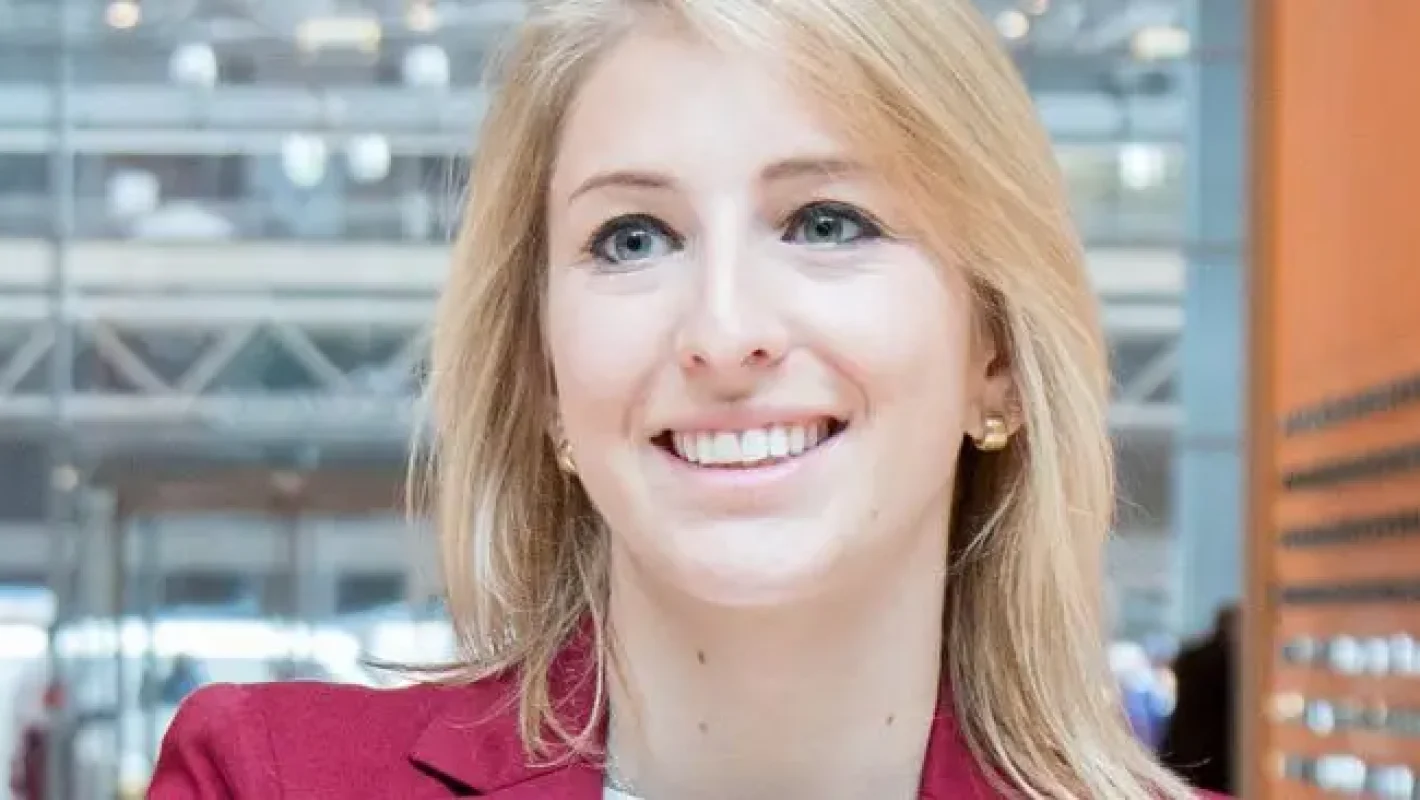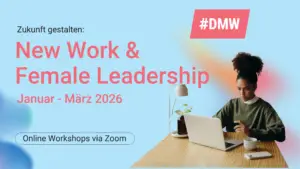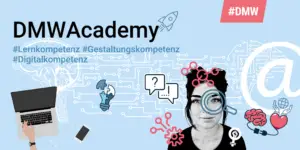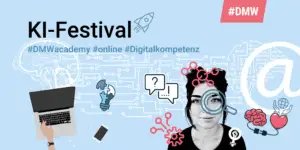
Wie funktioniert erfolgreiches Native Advertising? Was macht gutes Storytelling aus? Was muss man beim multimedialen Storytelling beachten? Diese Fragen beantwortet Raquel Bubar, Director des T Brand Studio International der New York Times in London, als Keynote-Speakerin am 21. März 2017 auf dem newTV Kongress von nextMedia.Hamburg. Wir Digital Media Women (#DMW) sind als Medienpartner dabei und verlosen zwei Tickets für die Veranstaltung.
Vorab hat Raquel mit uns für dieses Blog über Brand Storytelling, Künstliche Intelligenz und Feminismus gesprochen.
#DMW: When you start developing a new multimedia project with clients which are the five most important questions that need to be asked?
The five most important questions are:
- How would the newsroom view this story?
- What do you want readers to come away with feeling/knowing/learning about your brand?
- Could your story be better told using visuals?
- Could a short film, infographic or illustration tell the story in a clearer, more concise way than a block of text?
- What do you want your readers to do next?
When comes storytelling in the play?
At the very start. In the same way a newsroom investigates a story, any good brand exercise begins by investigating the story first.
Who or what should be in the center of that story? The product? The brand?
Readers are less likely to engage with a story that looks like advertising. This is exactly why we want to tell stories that are compatible with a brand’s ethos or initiatives, but doesn’t openly advertise the product. The most successful content we create is relatable, emotional and has something unique to say.
There a quote a few great multimedia storytelling cases on your company’s website. Which one do you find especially compelling?
 Our recent post for UBS Human Emotions Explained is a great example of compelling storytelling in native advertising. The piece focuses on Artificial Intelligence (AI), and allows users not only to read about AI but also to experience it right there on the page, through conversations with a chatbot. We also developed a cinematic-quality film profiling a leading researcher in Tokyo. He explores what qualities it takes to be human and hypothesizes that one day these qualities could be built into robots.
Our recent post for UBS Human Emotions Explained is a great example of compelling storytelling in native advertising. The piece focuses on Artificial Intelligence (AI), and allows users not only to read about AI but also to experience it right there on the page, through conversations with a chatbot. We also developed a cinematic-quality film profiling a leading researcher in Tokyo. He explores what qualities it takes to be human and hypothesizes that one day these qualities could be built into robots.
How is multimedia storytelling done best? Perhaps in comparison to video storytelling or an infografic?
Each story is different, and you should only use multimedia when it helps to tell the story. Often times you see brands creating really cool interactives, but they doesn’t tell the reader anything. Instead, we should think about how to use multimedia for a more impactful story. Take, for example, a winning combination of videos and infographics about the sourcing of food before it reaches your table. That might tell a more complete story that you couldn’t otherwise achieve by just using text.
You moved from New York to London. Do you witness a difference in European storytelling?
Every brand wants to tell a good story – whether they’re in the US or in Europe. Emotion is universal.
I saw on twitter that you participated in the Women’s March in London. Was made you go? And what was it like?
Brexit and Trump we march together #WomensMarch #womensmarchlondon pic.twitter.com/m4jStMMLk8
— Raquel Bubar (@raquelbubar) 22. Januar 2017
It was an exciting moment in history to be a part of, and I was honored to be surrounded by women from all different backgrounds who were willing to speak openly about tough issues on such a massive scale.
Are you a feminist?
Yes, I am a feminist.
(Eine ausführlichere Antwort zu Feminismus und dem Womens March gibt Raquel im nachfolgenden Video. Unbedingt ansehen!)
What is your best advice for women, who want to make a career in your field?
The most successful women I know work hard, passionately and together. Following these values can only be a recipe for success.
Thanks Raquel for these amazing insights. We are very much looking forward to hear you speak at the newTVKongress in Hamburg.
Sei beim newTV Kongress in Hamburg dabei

Was:
newTV Kongress 2017 „Business Innovation on Screen“ am 21. März in der Handelskammer Hamburg von 10 bis 17.45 Uhr.
Speaker, für die sich die Teilnahme lohnt:
- RAQUEL BUBAR, Director T Brand Studio International, The New York Times
- CHRIS MEAD Director of Partnerships for EMEA, Twitch
- RICHARD GUTJAHR, Journalist und Blogger
- MARTIN HELLER, IntoVR
- RALF KLASSEN, CEO & Gründer, CONE – The Content Network
Tickets:
GEWINNE EIN TICKET MIT DEN #DMW
Als Medienpartner für die Veranstaltung verlosen wir Digital Media Women Hamburg zwei Tickets und sind selbst vor Ort.
Du möchtest auch gerne teilnehmen? Dann gewinne dein Ticket im Wert von 239 €.
Teilnahmebedingungen für die Ticket-Verlosung
- Du hinterlässt bis zum 24.02.2017 um 12:00 Uhr, einen Kommentar unter diesem Beitrag mit deinen Namen und einem Hinweis, warum du beim newTV Kongress dabei sein möchtest.
- Der/die Gewinner_in wird am 24.02.2017 nach 12:00 Uhr per Losverfahren ermittelt und im Anschluss über ihren/seinen Gewinn informiert.
- Falls es sich im Verlosungszeitraum ergibt, dass du doch nicht kommen kannst, dann gib uns bitte direkt Bescheid, damit jemand anderes von der Ticketverlosung profitieren kann.
- Eventuell anfallende Reisekosten (o. ä.) trägt der/die Gewinner_in.
Dir gefällt die Arbeit der #DMW und du bist froh, dass wir dir eine solche tolle Gewinnchance bieten? Dann freuen wir uns, wenn du im Gegenzug Fördermitglied unseres Vereins wirst. Hier geht’s lang zum Antrag. Vielen Dank!
Update vom 24.02.2017
Und die Gewinner sind…
Gila und Anja! Herzlichen Glückwunsch, ihr hört von uns.







